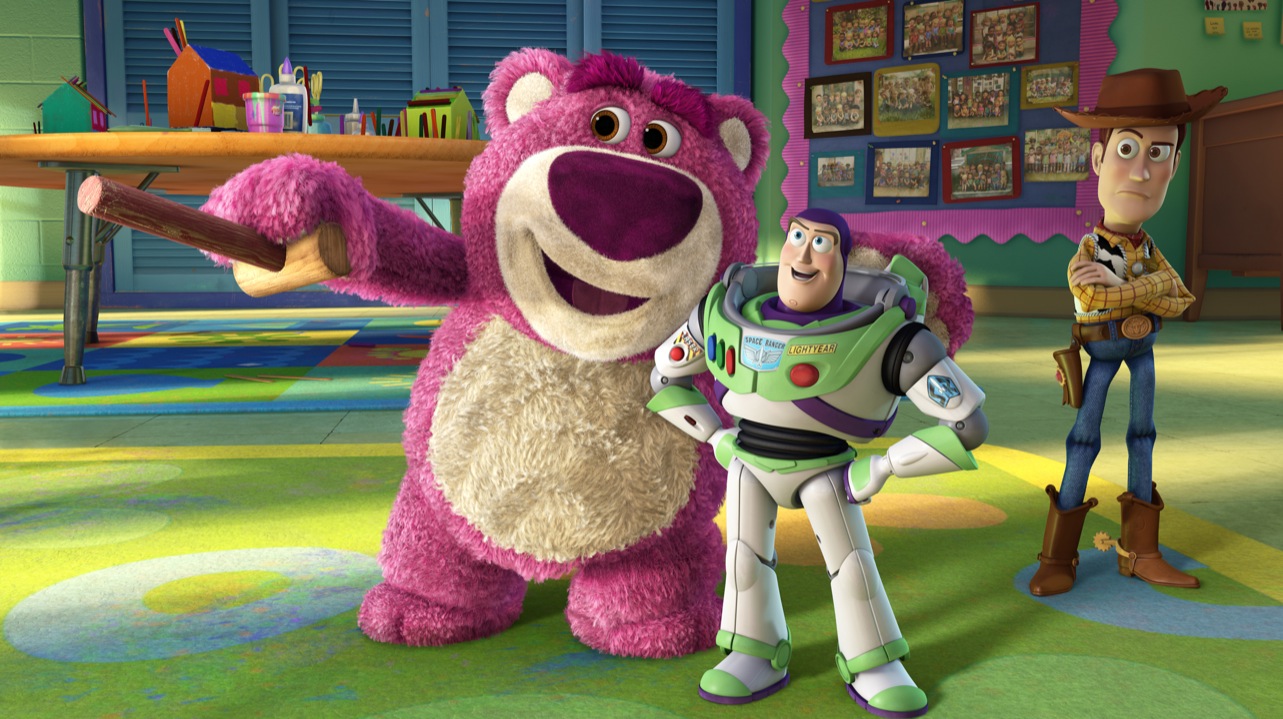
Sometimes, even in Hollywood, patience pays off. While the industry’s instinct might be one of producing sequels to a successful work immediately, a few late continuations of earlier stories have proven that they were much more than easy cash-grabs. This list puts together the best out of them, telling of how and why they came to be, and what is so great about them in comparison to their predecessors.
From Ingmar Bergman to Toy Story and George A. Romero, check out the 10 best late sequels of all time.
10. Clerks II (2006)
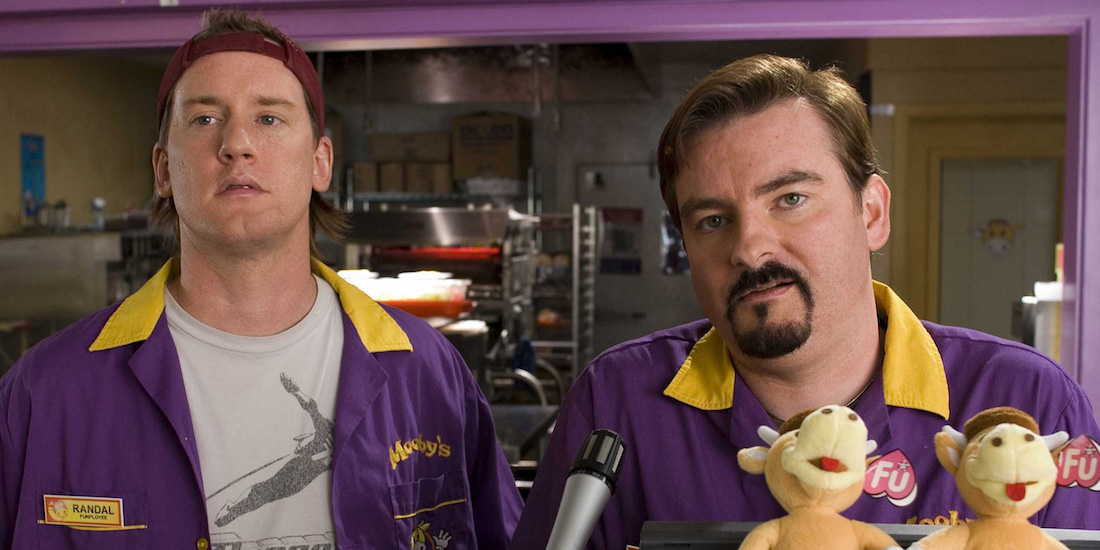
While Kevin Smith’s latest output has not been exactly great, his 2006 follow-up to Clerks, the film that gave him fame back in the early nineties, is actually very good. On the spirit of the first film, is a verbally prolific examination of hopeless youth (or, in this case, not-so-youth-anymore). The dialogue is sharp and believable, showing that Smith still has it in him to craft a great script, or at least an entertaining one.
Back as Dante and Randal, stars Brian O’Halloran and Jeff Anderson deliver charismatic portrayals of adults with dead-end jobs and virtually no perspective for the near future. Add some entertaining gags and cameos, and you have a 97-minute film that will keep you amused and intrigued.
9. Finding Dory (2016)
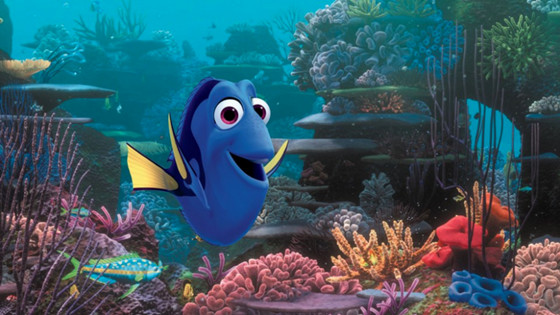
While certainly not as good as the Pixar classic that preceded it (few animated films are, to be fair), Finding Dory is an adorable, moving and smart story about characters that we learned to love going on an adventure with characters that we’re instantly charmed by. Pixar’s magic and visual inventiveness works wonders here, overcoming the flaws in the script and the overall feeling of an unnecessary continuation of a perfectly closed story.
To be fair, the film has a point to make about mental illness, family and memory as it examines Dory’s past and expands upon the character’s broad personality. Ellen DeGeneres’ performance makes it credible and moving, revealing aspects of her work that remained hidden under the guise of comic relief in the first film.
8. Queen & Country (2014) – Hope and Glory sequel

In 1985, master filmmaker John Boorman wrote and directed the semi-autobiographical WWII film Hope and Glory, in which a young British boy grows up in London during the blitz. It’s a surprisingly charming, bittersweet, wide-eyed and sensitive film nominated for five Oscars, which made the possibility of a sequel almost thirty years later, titled Queen and Country, an exciting yet fearful proposition.
Boorman has not lost his touch, however, and as we catch up with young Bill Rohan (Boorman’s alter ego) only 10 years after the events of the first film, he’s in military training for the Korean War and engaging in a deliciously funny, tremendously charming battle of wits with his mate Percy and their superior, Sgt. Bradley (David Thewlis).
It’s a well-acted, perfectly serviceable sequel, and we truly hope that Boorman lives to tell one more of Bill Rohan’s stories – it would be a perfect swan song for a brilliant career.
7. T2 Trainspotting (2017)
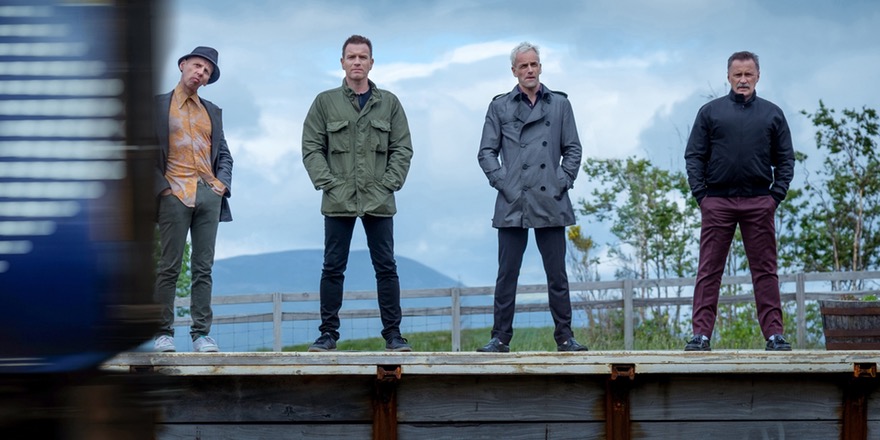
Irvine Welsh’s terrific literary continuation of his classic Trainspotting was reason enough that the 1996 film should have a sequel too, and but the 21 years between the first and the second movies have made T2 an even better and more nostalgic trip. John Hodge returns with a witty script that expertly analyzes the effects of growing old for a generation without a sense of purpose, meaning or destiny.
With brilliant return performances from a legendary cast, T2 imposes itself as a necessary and relevant film to watch in 2017, as connected with the times as it is essentially a retreading of familiar paths. Danny Boyle’s expertly stylized direction makes for an enjoyable, unforgettable, important film – just like the original.
6. Rocky Balboa (2006)
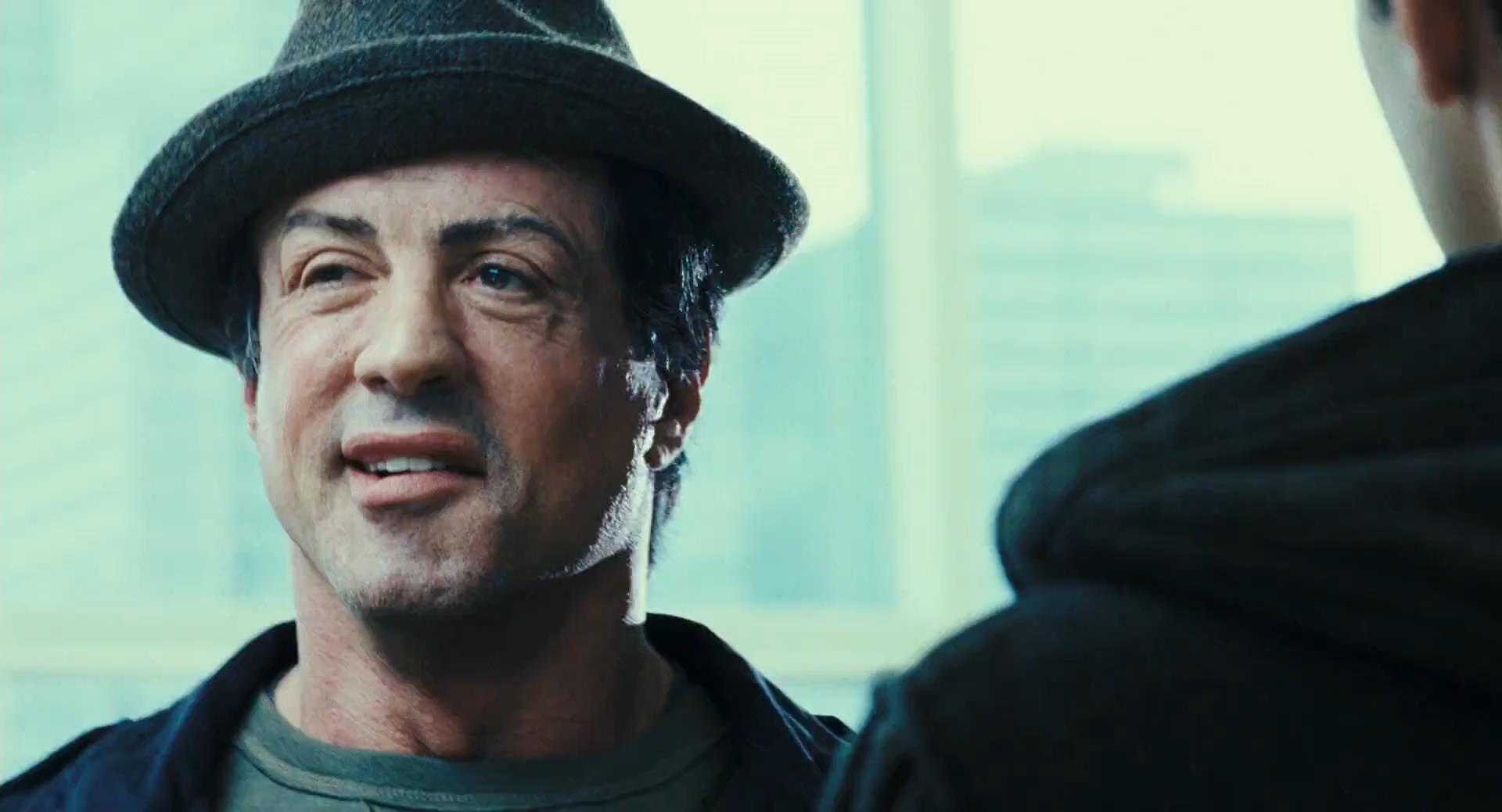
After a slew of bad sequels that only stained the character’s legacy, Rocky Balboa finally got the movie he deserved with this 2006 late sequel, presenting the veteran character with his last fight, against then-reigning champion Mason “The Line” Dixon, played by real-life boxer Antonio Tarvers. Stallone is back as the director and writer of this redemption story that rehabilitated his career and gave Rocky’s a dignified last hurrah.
The film is a simple one, not striving to heavy-handedly reflect or represent an overblown sense of patriotism like the previous films in the franchise. By stripping Rocky back to the basics and giving the audience a fair bit of nostalgia, Stallone found the character’s engrossing core again, in a late sequel that left the public wondering (about its star and its lead character alike): Hey, man, where have you been all this time?